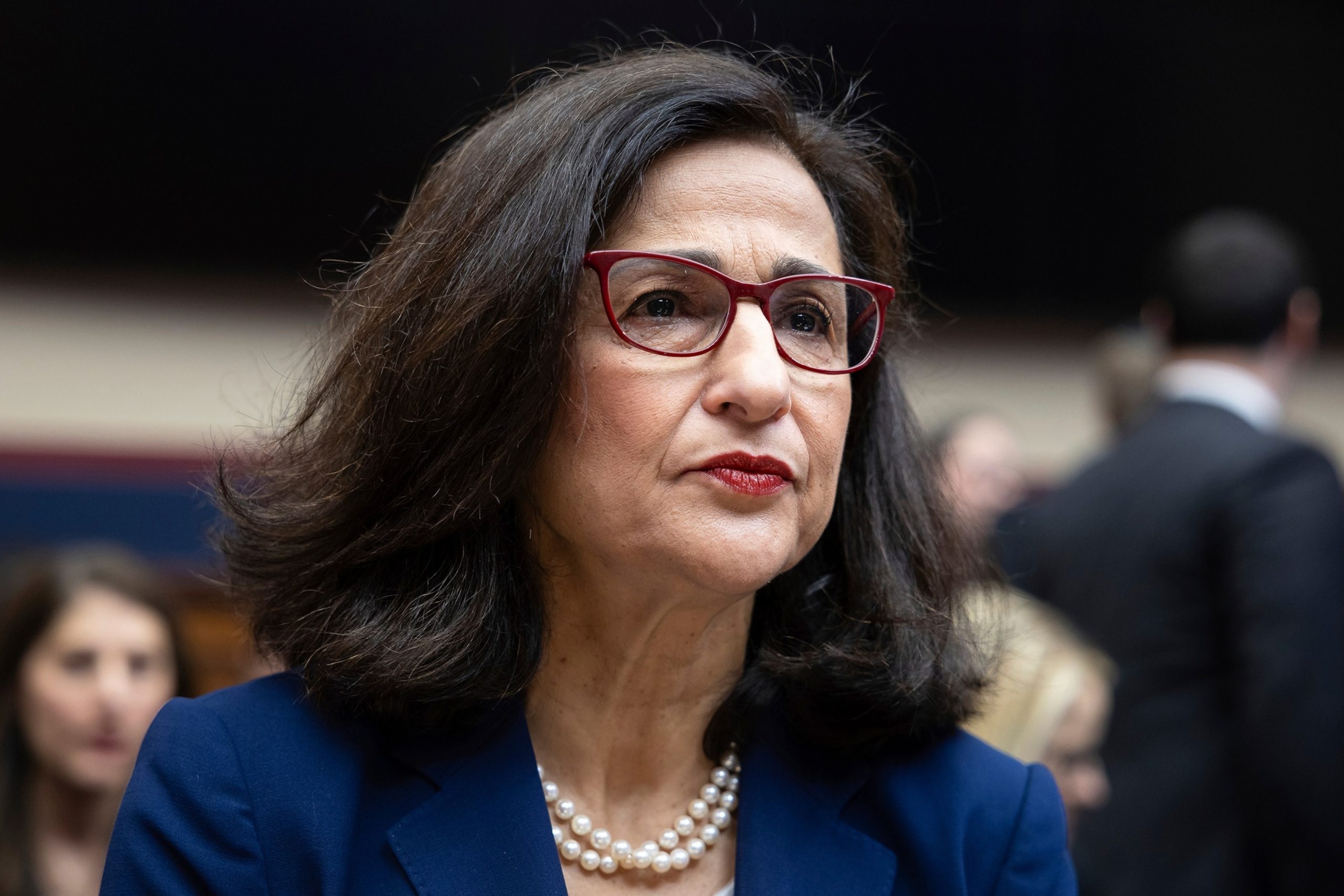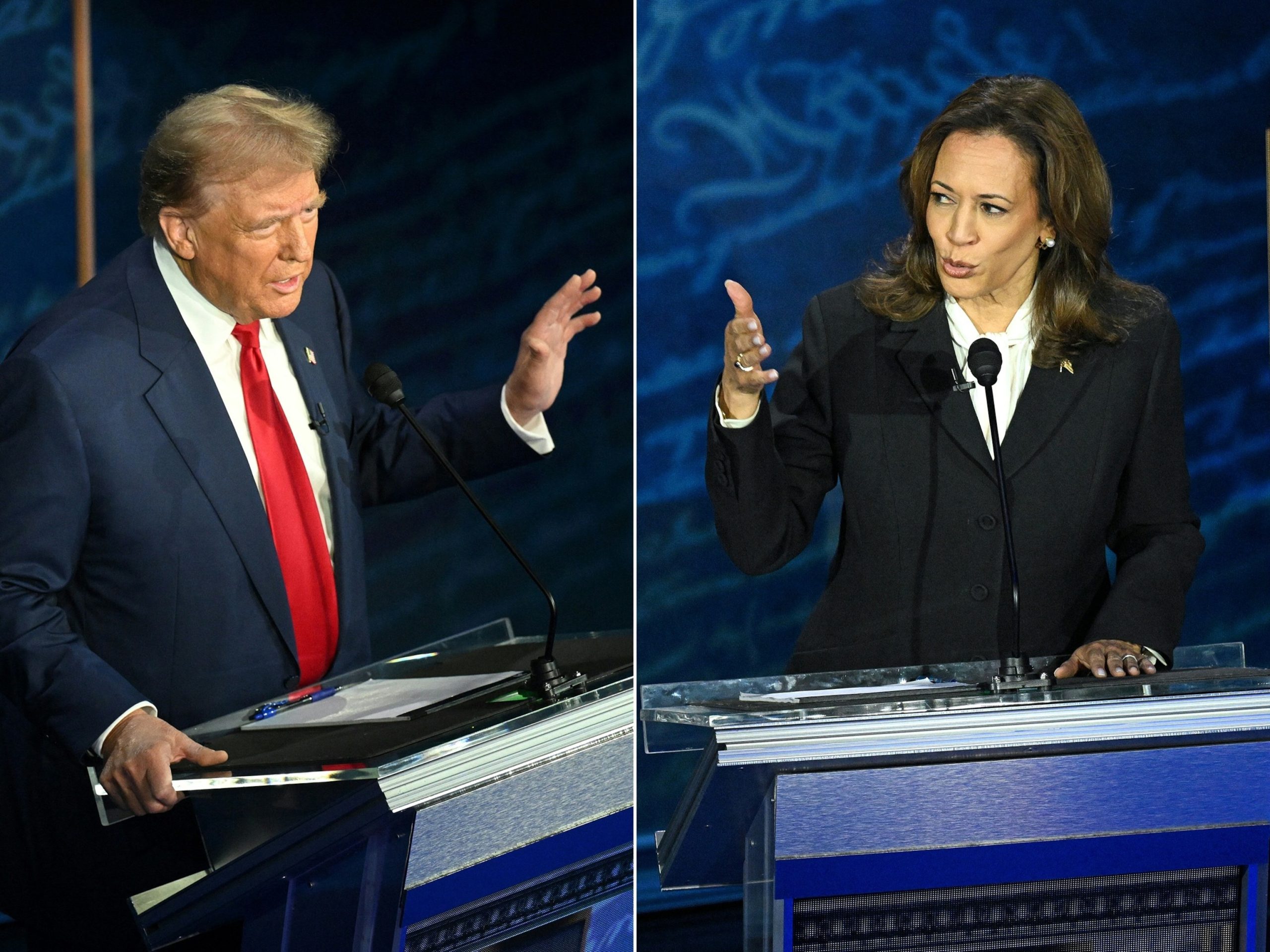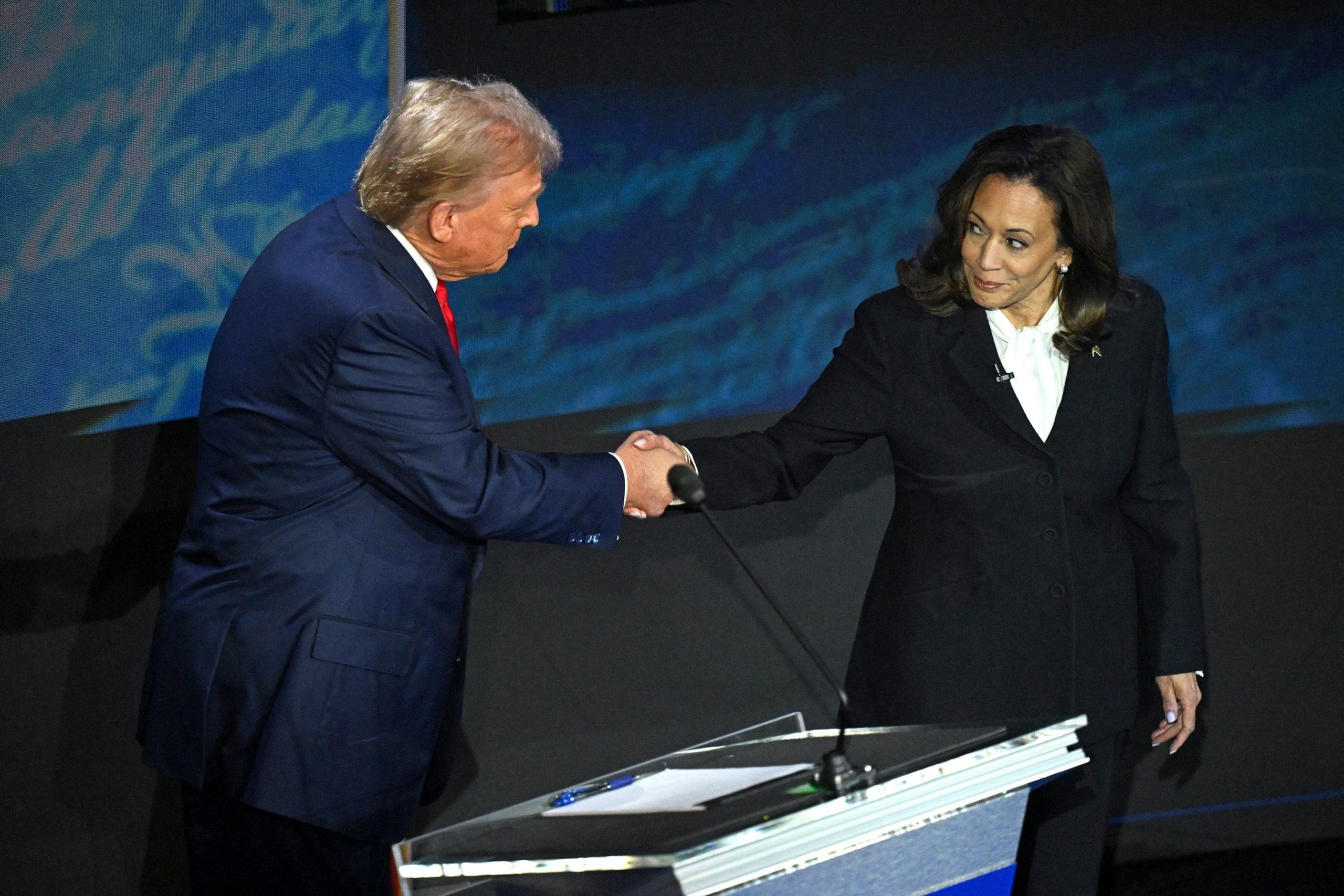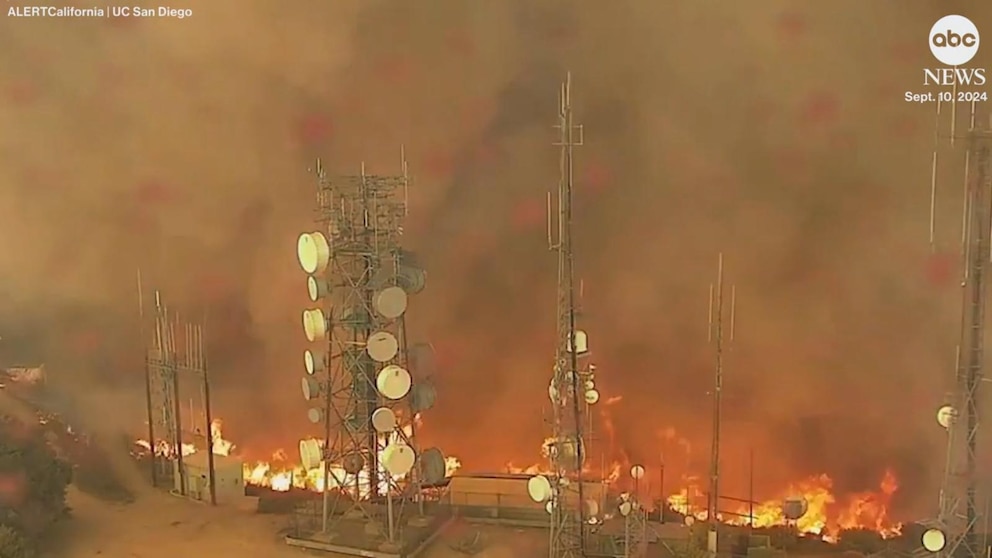Columbia University President Minouche Shafik announced her immediate resignation Wednesday, months after college protests over the Israel-Hamas war gripped the campus.
“I write with sadness to tell you that I am stepping down as president of Columbia University,” Shafik wrote in a letter to members of the university.
The announcement comes after protests broke out on the university’s campus in April, leading to arrests, property damage and backlash over the institution’s handling of the protests.
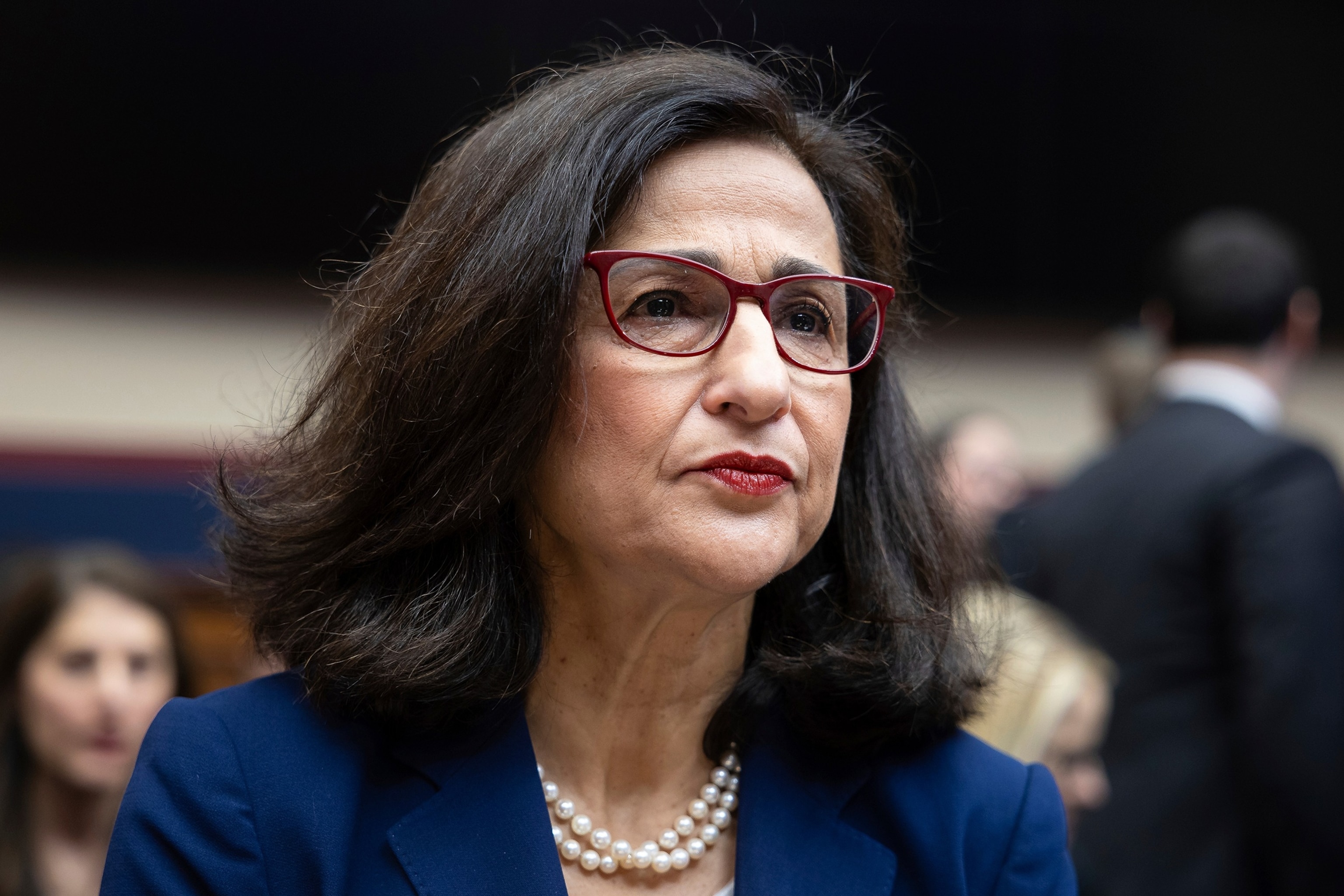
In this April 17, 2024, file photo, Columbia University President Nemat “Minouche” Shafik prepares to testify before the House Education and Workforce Committee during a hearing on Columbia University’s response to antisemitism on Capitol Hill, in Washington, D.C.
Francis Chung/Politico via AP, FILE
“It has been difficult to overcome divergent views across our community,” Shafik said in her letter, adding, “This period has taken a considerable toll on my family, as it has for others in our community.”
“Over the summer, I have been able to reflect and have decided that my moving on at this point would best enable Columbia to traverse the challenges ahead. I am making this announcement now so that new leadership can be in place before the new term begins,” Shafik said.
Shafik, who became the first woman and person of color to lead the university in 2023, is the third Ivy League president to step down in recent months.
Harvard President Claudine Gay and University of Pennsylvania President Liz Magill previously announced their resignations following Congressional testimonies on the handling of anti-Semitism on campus.
During her congressional testimony in April, Shafik told the committee that Columbia “strives to be a community free of discrimination and hate in all forms, and we condemn the antisemitism that is so pervasive today.”
Shafik said she took the job to foster a diverse community at Columbia.
“But on Oct. 7, the world changed and so did my focus,” she said.
The day after Shafik’s testimony, more than 100 pro-Palestinian protesters were arrested, and an on-campus tent encampment was removed after Shafik gave the New York Police Department the green light to clear the protesters. What followed was weeks of protests and widespread tent encampments that culminated in the occupation of the university’s Hamilton Hall.
In May, Columbia University’s Faculty of Arts and Sciences passed a vote of no confidence in Shafik.
“I have tried to navigate a path that upholds academic principles and treats everyone with fairness and compassion,” Shafik wrote in her letter. “It has been distressing — for the community, for me as president and on a personal level — to find myself, colleagues, and students the subject of threats and abuse.”
Shafik, who previously led the London School of Economics and worked for the World Bank, announced she will return to the U.K. following her resignation.
“I am honored to have been asked by the U.K.’s Foreign Secretary to chair a review of the government’s approach to international development and how to improve capability,” Shafik said.
Katrina Armstrong, MD, who leads the university’s medical school and medical center, was announced as the interim president following Shafik’s departure.
Minouche Shafik, the President of Columbia University, has announced her resignation following a series of protests by students at the prestigious Ivy League institution. Shafik, who took on the role in 2020, cited personal reasons for her decision to step down.
The protests at Columbia University began earlier this year, with students voicing their concerns over a range of issues, including the university’s handling of sexual assault cases, its response to the COVID-19 pandemic, and its treatment of marginalized communities on campus. The demonstrations gained momentum in recent weeks, with students calling for Shafik to resign and for the university to address their demands for greater transparency and accountability.
In a statement announcing her resignation, Shafik acknowledged the concerns raised by students and expressed her commitment to addressing them. She stated, “I have listened carefully to the voices of our students and faculty, and I believe that it is in the best interest of Columbia University for me to step down as President. I am proud of the progress we have made during my time here, but I recognize that there is still much work to be done to create a more inclusive and equitable campus community.”
Shafik’s resignation comes at a time of heightened scrutiny for university leaders across the country, as students and faculty continue to push for greater accountability and transparency in higher education. The protests at Columbia University are just the latest example of a growing trend of activism on college campuses, with students demanding change and holding their institutions accountable for their actions.
As Columbia University begins the search for a new president, it will be crucial for the university to listen to the concerns of its students and work towards creating a more inclusive and equitable campus environment. The resignation of Minouche Shafik serves as a reminder of the power of student activism and the importance of holding university leaders accountable for their actions.
